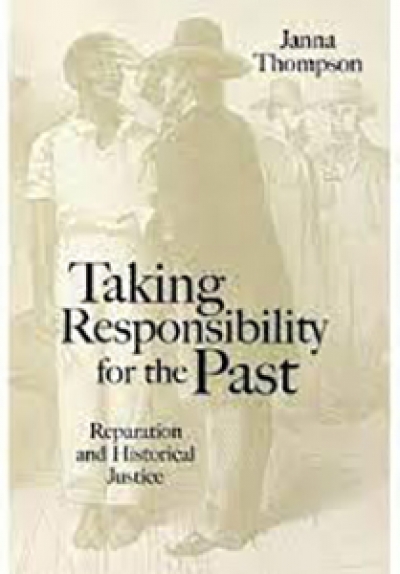The anthropologists of some future galactic civilisation, sifting through the remains of human life on earth, will find much to puzzle them, but nothing more so than the propensity of supposedly rational creatures to denigrate, hate or even murder those who are perceived to be different in race. How should we understand racism? Where does it come from, and how can it be eradicated? The editors of this book have assembled an impressive collection of philosophers and psychologists to tackle these questions. Their wide-ranging and often conflicting answers do not make racism less puzzling, but, like all good philosophical investigations, this book has the effect of making the reader puzzle more profoundly.
The editors took a lot of pains with this collection. They ensured that it would be accessible to general readers, as well as scholars. The introduction, by Tamas Pataki, is particularly helpful in providing a framework for the discussion. The editors encouraged contributors to read and comment on each other’s work. The result is a discourse in which participants with different approaches and perspectives cooperate to tackle a matter of serious concern.
...
(read more)





